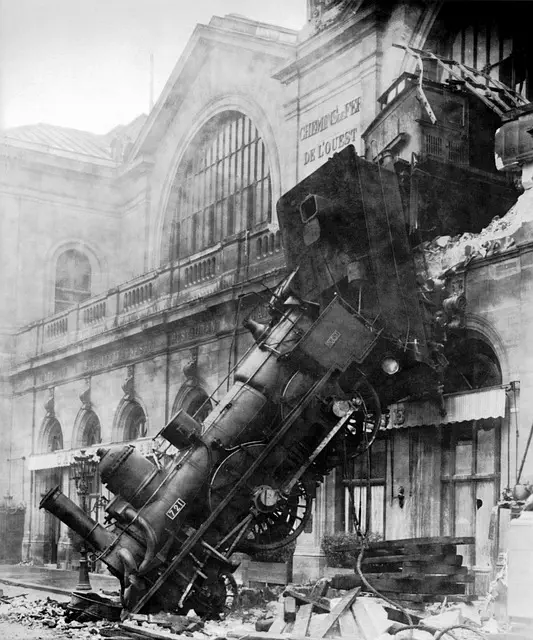Bus companies in New York City face strict legal standards for passenger safety. If a company's negligence causes a slip and fall injury, victims can seek compensation with the help of a specialized NYC slip and fall lawyer. Liability determinations involve examining incident details, driver conduct, vehicle conditions, legal precedents, and local/federal regulations to ensure fair justice.
Are you seeking justice and compensation after a slip and fall incident on a NYC bus? Understanding your rights and the legal complexities involved is crucial. This article guides you through the intricacies of bus company liability, focusing on slip and fall cases in New York City. Learn about the roles and obligations of bus companies, various types of liabilities they face, and key laws governing their operations. We’ll also provide a step-by-step claims process guide, highlighting the importance of evidence gathering and your rights as a victim. Discover successful strategies employed by NYC slip and fall lawyers to secure compensation for clients.
- Understanding Bus Company Liability: The Legal Perspective
- – The role of bus companies in public transportation and their legal obligations
- – Types of liabilities faced by bus companies, including personal injury, property damage, and safety regulations
Understanding Bus Company Liability: The Legal Perspective

Bus companies operating in New York City, or any urban area for that matter, must adhere to stringent legal standards regarding passenger safety. When a bus company’s negligence leads to an accident, such as a slip and fall injury, individuals affected may have grounds to file a lawsuit. A NYC slip and fall lawyer can help navigate the complex web of liability laws and determine if the bus company is legally responsible for compensating victims.
From a legal perspective, understanding bus company liability involves examining various factors. These include the specific circumstances of the incident, such as whether the bus driver was following traffic rules, the condition of the vehicle’s brakes or lighting systems, and how the accident occurred. Legal precedents also play a significant role, with past cases shaping interpretations of liability in similar situations. Additionally, local and federal regulations pertaining to public transportation safety are crucial in establishing the standard of care expected from bus companies.
– The role of bus companies in public transportation and their legal obligations

Bus companies play a vital role in ensuring efficient and accessible public transportation in urban areas, particularly in cities like New York City (NYC). With millions of passengers relying on bus services daily, these operators have legal obligations to maintain safe conditions for their riders. NYC slip and fall lawyers often encounter cases involving bus company negligence, such as inadequate maintenance, unsafe routing, or driver incompetence, leading to accidents and injuries.
Bus companies are responsible for ensuring their vehicles are well-maintained and in good working order to prevent accidents. They must adhere to regular inspection schedules and promptly address any mechanical issues that could pose a risk to passengers. Additionally, bus operators have a duty of care to their riders, requiring them to drive defensively, follow traffic rules strictly, and maintain a safe distance from other vehicles and pedestrians. Failure to fulfill these obligations can result in serious injuries or even fatalities, leading to legal repercussions for the company.
– Types of liabilities faced by bus companies, including personal injury, property damage, and safety regulations

Bus companies play a vital role in providing public transportation, but they also bear significant legal responsibilities. From personal injury claims to property damage and safety compliance, understanding their liabilities is crucial for both passengers and operators. If you’ve been involved in an accident while riding a bus in NYC, consulting a skilled nyc slip and fall lawyer can help ensure your rights are protected and that you receive the compensation you deserve.
